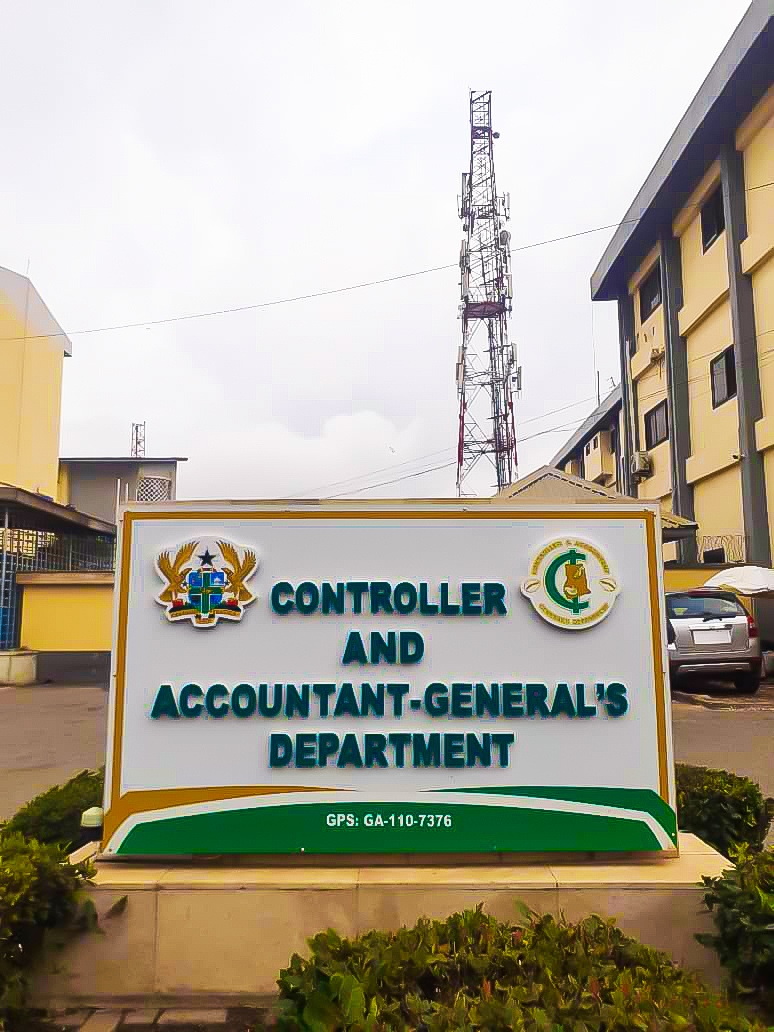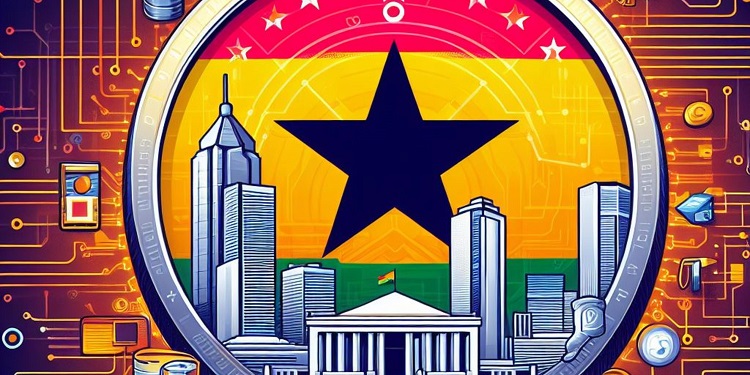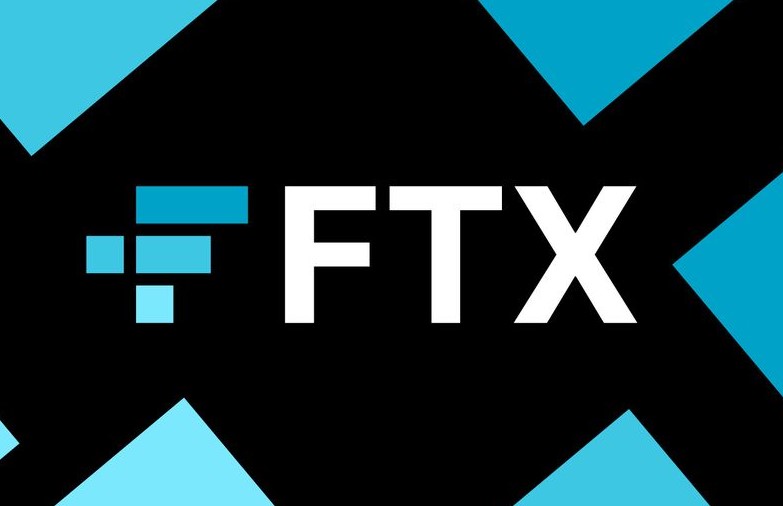Dr. Mahamudu Bawumia, vice president of Ghana, has stated the country’s plans to become Africa’s first government to use blockchain technology to fight corruption
Bawumia disclosed this information in Accra during the 14th Regional Conference and Annual General Meeting of Heads of Anti-Corruption Agencies in Commonwealth Africa.

Blockchain technology is frequently characterized as a paradigm shifter in numerous industries, including international politics.
This technology can identify and document any modifications made to digital data, furnishing a verifiable and traceable ledger of transactions about governance.
Ghanaweb reports that Bawumia believes this progress would facilitate the government’s effort to combat corruption and foster transparency effectively.
Ghana and the continent could recover billions of dollars lost due to corruption, poor governance, mismanagement, and a lack of accountability by utilizing the automation features of the technology.
In addition to numerous other economic obstacles, Ghana is presently confronted with a debt crisis, which underscores the criticality of preventing the misappropriation of public funds and ensuring accountability to stabilize the economy.
The impact of digitization on Ghana
Bawumia, discussing digital initiatives enacted by the government since 2017, referred to the ghana.gov portal. This comprehensive platform facilitates electronic payments for public services and has empowered the government to amass GH¢201 billion since 2020.
Likewise, implementing digital processes for acquiring passports resulted in a substantial surge in application volume to the Passport Office, which swelled from 347,000 to 752,000. Between 2018 and 2023, revenues increased from GH12 million to GH94 million.
Using the GhanaCard to integrate public sector databases, the Controller and Accountant General’s Department successfully eliminated 29,000 ‘ghost’ beneficiaries from the public sector payroll. This initiative yielded an annual savings of GH¢480 million for the nation.

The government achieved cost savings of GH¢356 million by identifying 44,707 fictitious names on the National Service Scheme payroll using a unique identification card, the GhanaCard.
He implored African anti-corruption agencies to give precedence to allocating resources towards digital forensics and tools that facilitate the surveillance, tracing, and disruption of the corruption value chain.
The Vice President emphasized that if the Central Bank eventually implemented the Central Bank Digital Currency (CBDC), also known as the e-Cedi, Ghana could combat corruption more effectively.



